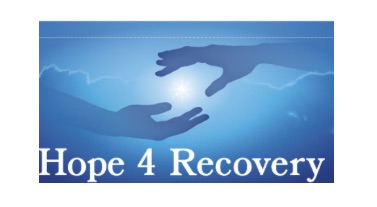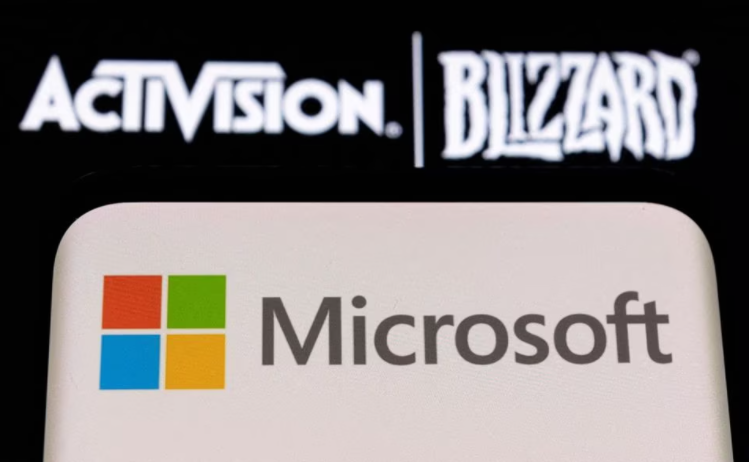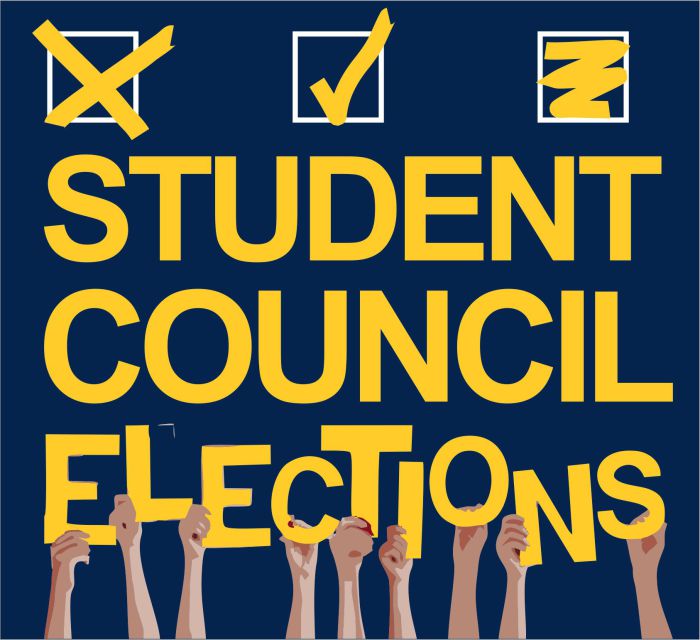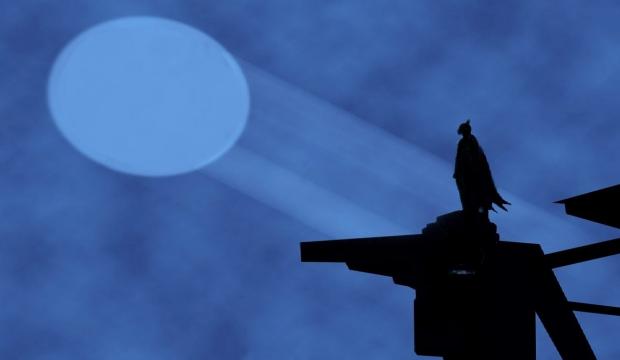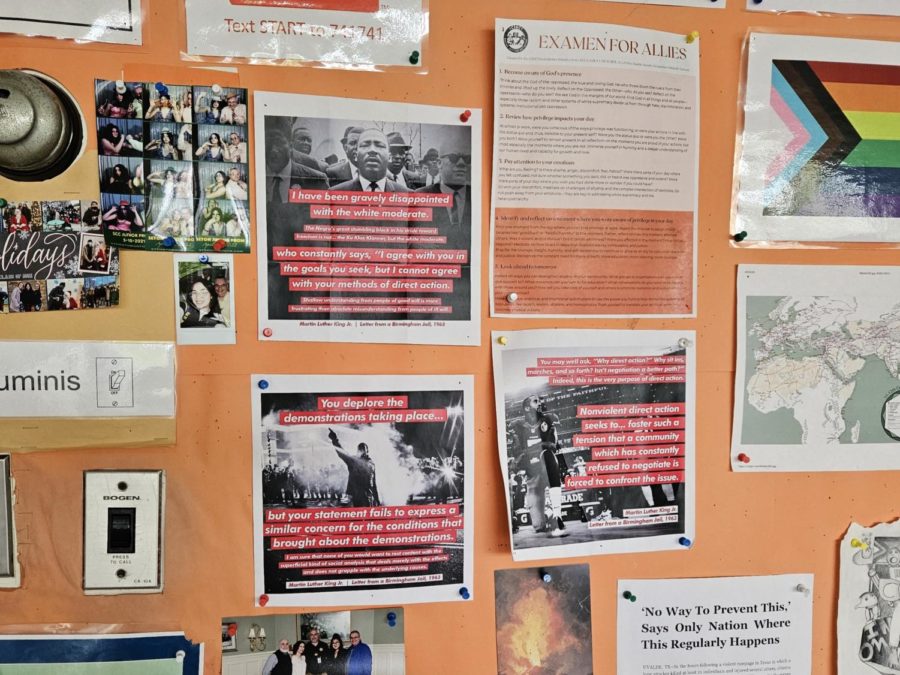Montana Lawmakers Vote to Completely Ban TikTok
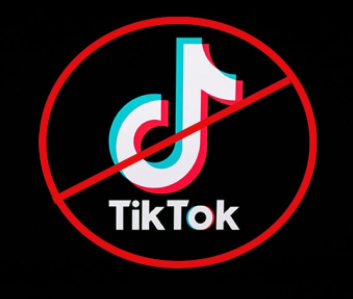
May 19, 2023
In a controversial move, the state of Montana passed a bill on Friday the 14th of April banning TikTok, a popular social media app, on all personal devices. The ban is set to take effect in January 2024, if Governor Greg Gianforte signs the bill into law, and it would become illegal to download TikTok in Montana and would fine app stores $10,000 per violation. The decision to ban TikTok in Montana comes after a series of hearings in Congress regarding the app’s potential security risks. TikTok, which is owned by the Chinese tech company ByteDance, has been accused of collecting user data and potentially sharing it with the Chinese government.
During the hearings, lawmakers expressed their concerns that TikTok’s data collection could be used to spy on American citizens and be used detrimentally, such as influencing elections. They also questioned whether the app was being used to spread disinformation and propaganda. While TikTok CEO Shou Zi Chew denied any wrongdoing and argued that they were committed to protecting user data, the hearings sparked a larger conversation about the security risks of Chinese-owned tech companies operating in the United States.
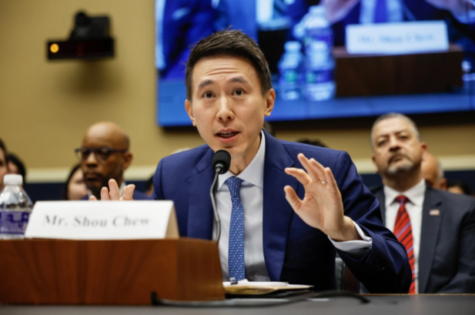
Supporters of the ban argue that it is necessary to protect national security and that it is a small price to pay for ensuring the safety of American citizens. They also argue that other countries, such as India and Pakistan, have already banned TikTok for similar reasons.
As the debate over TikTok’s security risks continues, it is clear that this is a complex issue that has divided people across the nation. While banning the app may seem like a straightforward solution, it is important to consider the potential consequences and to find ways to balance security concerns with the protection of individual rights and freedoms.



![College of Community and Public Affairs graduates cheering during the CCPA Commencement Ceremony. [Via Daily Photos at binghamton.edu]](https://sccvoice.org/wp-content/uploads/2023/05/Screenshot-2023-05-16-10.50.55-PM.png)

